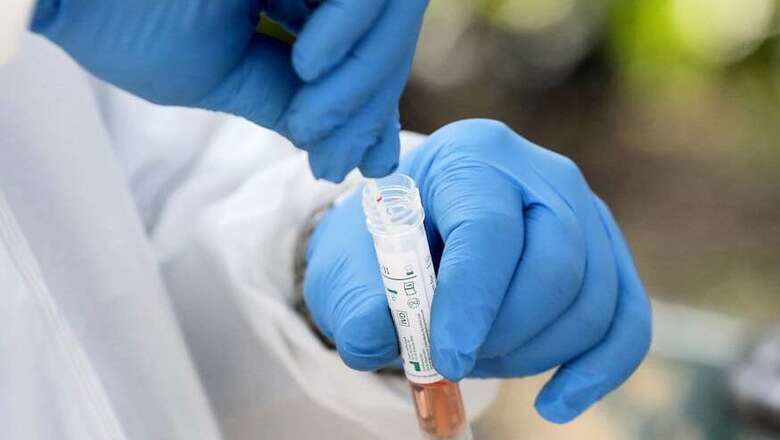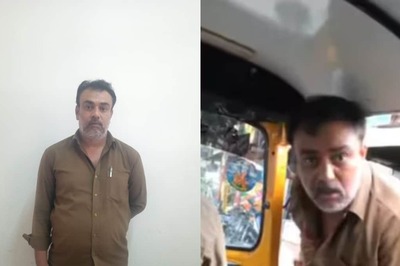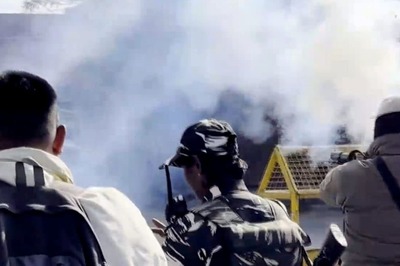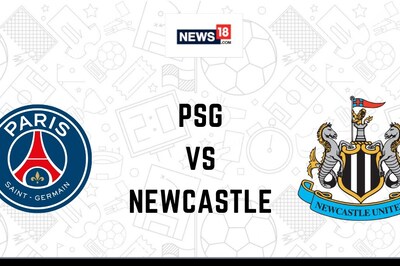
views
New Delhi: India’s efforts to develop a vaccine against the COVID-19 infection will take at least 12 to 18 months and the immediate focus is on the human clinical trials of the recombinant Bacilius Calmette-Guerin (BCG) vaccine that is considered an immunity booster, said Department of Biotechnology (DBT) Secretary Renu Swarup.
India is collaborating with the World Health Organization (WHO) and a few other international agencies to accelerate technology transfer for developing a vaccine research in the country.
The Department of Biotechnology on Monday approved funding support for Cadila Healthcare Ltd for advancing development of a DNA vaccine candidate against SARS-COV-2 and Bharat Biotech International Ltd for Covid-19 vaccine candidate by utilising the inactivated rabies vector platform. DBT is also supporting vaccine candidates of academic institutions, such as the National Institute of Immunology, the Translational Health Science and Technology Institute, the International Centre for Genetic Engineering and Biotechnology, and the Indian Institute of Science. These are a few of the government institutions involved in vaccine development and vaccine research projects.
“Vaccine development is a priority for us. The industry is in a more advanced staged and many of them are working with international collaborators. All vaccine development projects are in Phase 1 (animal studies phase). Our own Indian companies are looking at by the end of this year to get some sort of an idea as to whether they can move forward. Clearly we know that the vaccine is at least 12 to 18 months away,” said Swarup.
Swarup said the trials for the immunity booster BCG, which has been supported by DBT, will begin this week. The phase III clinical trials study of the recombinant BCG vaccine (VPM1002) planned in high-risk population is being carried out by the Serum Institute of India Private Limited, the world’s largest vaccine manufacturer.
The central government has fast-tracked approvals for vaccine development through the Review Committee on Genetic Manipulation and the Drug Controller General of India. DBT officials said there was no specific funding pool created for vaccine development; however, no research projects will face a fund crunch.
As part of a vaccine development project, the phases involved are -- pre-clinical development, clinical development, regulatory review and approvals, manufacturing and quality control. Clinical development also comprises three to four phases. This involves trials among small groups to test safety of the vaccine, then there is one which looks at the dosage aspects, the third phase looks at the efficacy of the vaccine and eventually there is a trial in a large group.
Global experts such as Malik Peiris, School of Public Health, said in a webinar recently that there is a good likelihood of a vaccine for coronavirus as the mutation rate of the virus is lower. Perisi was the first scientist to isolate the SARS virus.
“The mutation rate being lower, and the virus more stable, I think there is a very good likelihood of the vaccine for this coronavirus. If it is effective in the start, it will remain effective unlike flue where the virus is changing every year and you have to make a new version of the vaccine each year. The mutation rate of COVID-19 is low,” Peiris had said.




















Comments
0 comment